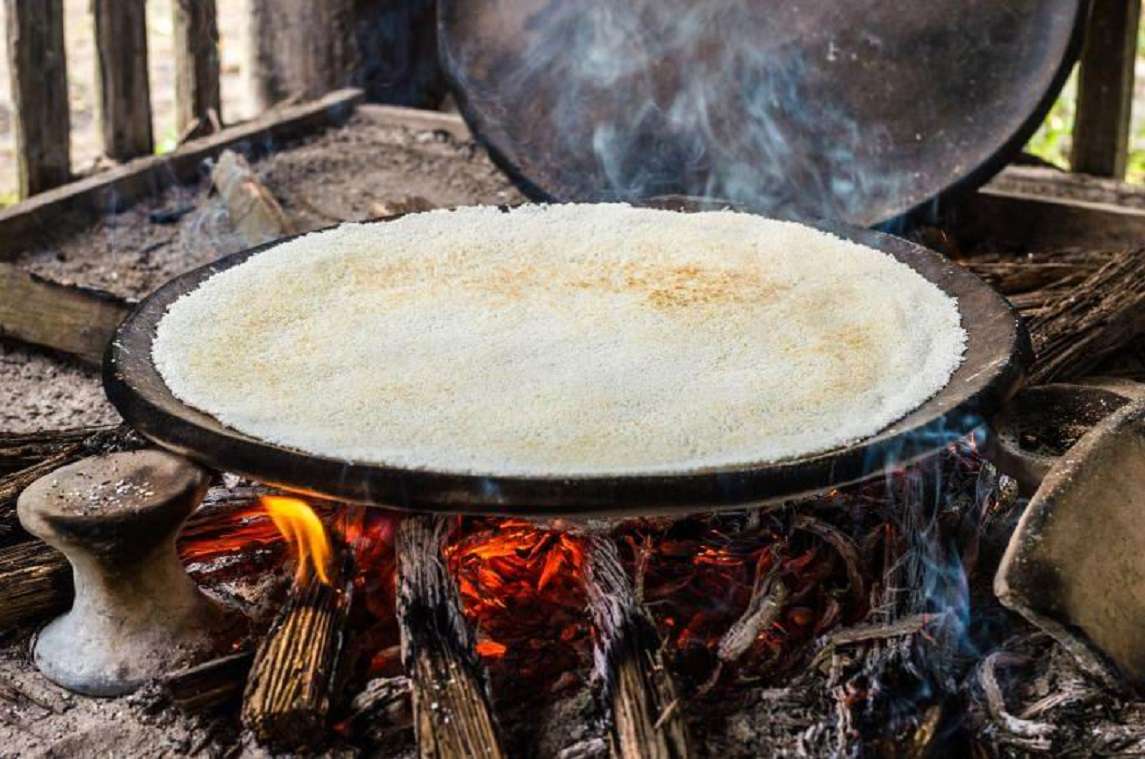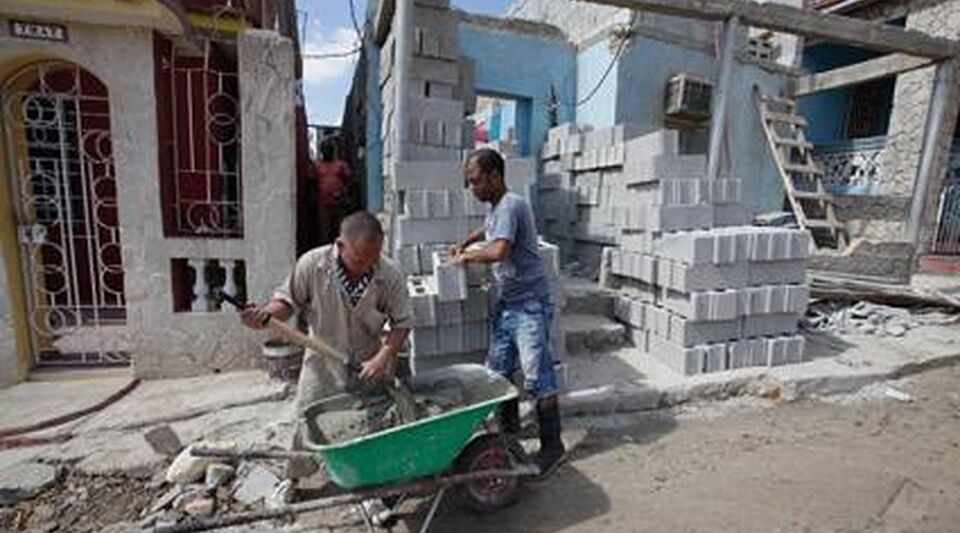Cuba participates in the preparation of the multinational file so that the elaboration and consumption of cassava enters the Representative List of the Intangible Cultural Heritage of the Unesco.
The initiative for cassava to be declared heritage intangible culture left the Dominican Republic and, in addition to Cuba, Haiti, Venezuela and Honduras joined, according to a report of the Cuban News Agency (ACN).
The document is the first of its kind in the Latin American region, informed the Master of Science Ángel Michel Aleaga Hung, Policy Specialist, of the Intangible Cultural Heritage Group.
In addition, he announced that the idea will be exposed before the end of this month of March at the headquarters of the UnescoParis, with the purpose of transiting through the candidacy period (2023-2025).
Aleaga Hung recalled that in the case of Cuba, cassava is considered a cultural manifestation present in six provinces: Camagüey, Las Tunas, Holguín, Granma, Santiago de Cuba and Guantánamo, although it is known and consumed in other locations.
Point out the ACN that the process of elaboration and consumption of this food has diverse patrimonial values and is alive from the practice of men and women bearers of an aboriginal heritage that is maintained, both in the countryside and in cities.
This has been verified, according to the specialist, with the inventory carried out since the declaration of Cuban Creole cuisine, its practices and associated knowledge, where cassava is recognized as a traditional dish, in the resolution dated October 18, 2019 and in the update regarding the application.
For the expert from the National Council of Cultural Heritage, it constitutes an element of cultural resistance that has been safeguarded, using instruments and artifacts that are designed by hand, with materials provided by nature itself.
The cultivation techniques of the cassava variety that is used to obtain it are known and disseminated among the peasants. Various family members participate in the production process, according to research on the subject, adds the information.
The text recognizes that cassava is a food with many properties, which do not affect health or the environment, contribute to food safety and good eating, and its production contributes to the economic livelihood of those who produce it.
The ACN considers that, if the manifestation is registered as intangible cultural heritage at that level, greater visibility, respect and safeguarding would be achieved, from the recognition of the unity in the diversity of each of the countries that have come together for that purpose. .
















